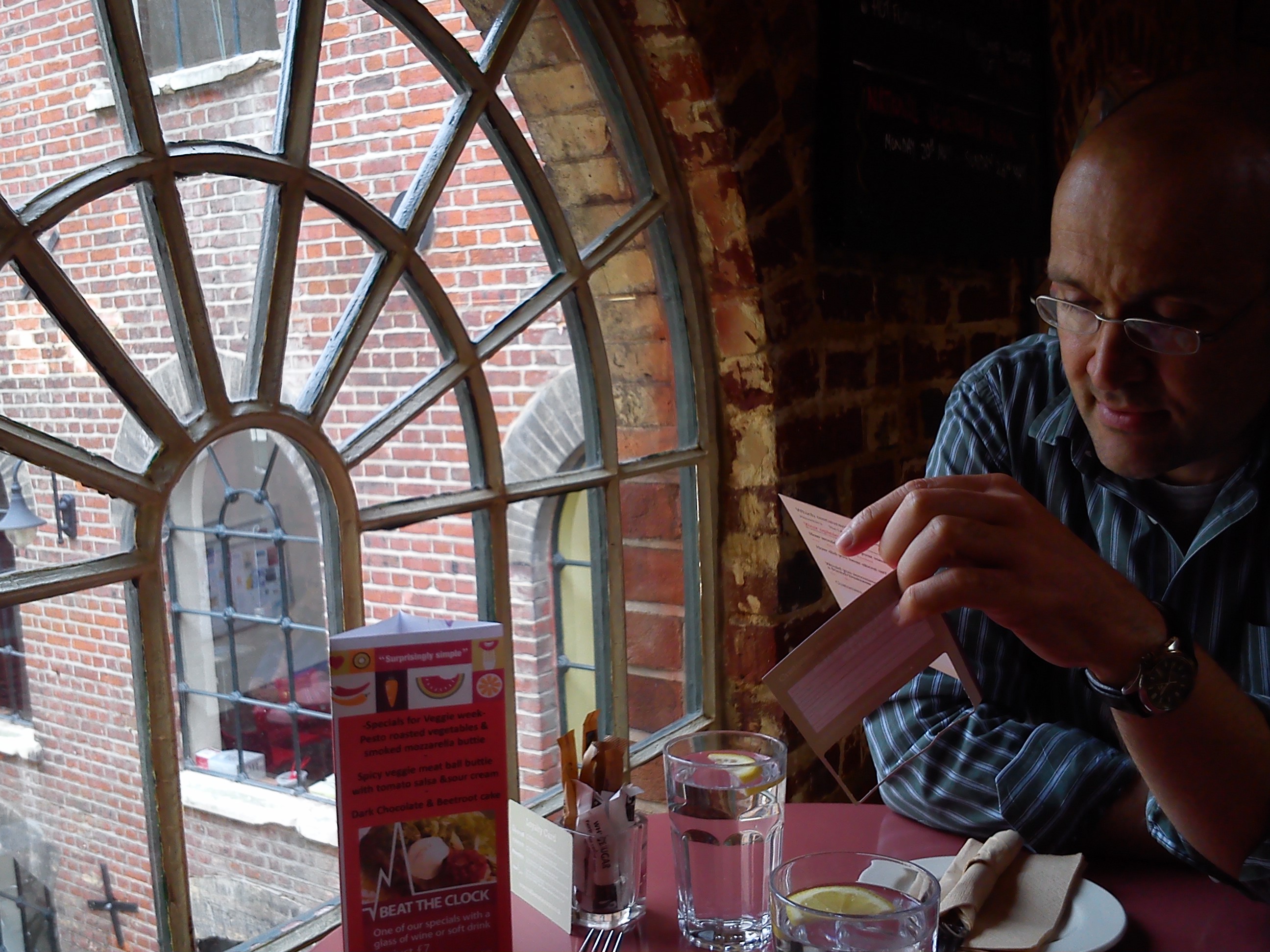Sermon summary:
- Introduction – this sermon focused on the priests and the religious life of the Jewish people. This has relevance to us all because of the Biblical notion of the priesthood of all believers, cf. Revelation 1:5b-6. We are all priests and we are all called to PATTERN, EXPLAIN, MEDIATE.
- Some simple metaphors – By use of unmistakeable metaphor, the Lord explains what all priests must do, 1:6: a) God is Father, therefore, worthy of honour; honouring the Lord is blessed behaviour and completes our worship (in much the same way that writing a love poem helps us to fully revel in our romantic love for a person). b) God is Master, therefore, worthy of fear; again, this is healthy for us just as discipline is healthy and positive for a child. c) 2:5 reveals the perfect covenant balance: WE GIVE HONOUR + FEAR/GOD GIVES LIFE + PEACE.
- The errors of the priests – The problems really begin when God says how to show Him honour and fear. This reveals a pivotal human issue: we agree in principle, not practice! God’s commands often seem odd: in ancient times His people were called to obey over 600 laws; Christ encourages us to pray, turn the other cheek, give in an outrageously generous manner, etc. Whatever we might think of God’s commands, obedience is blessed. God employs many different means to prepare/train hearts, minds, souls and spirits.
- Three horrors, one hope – God’s response to the priests has three severe warnings and a beautiful ray of hope:
- God demands ‘worship in truth’ this is illustrated in 1:10; God suggests that it’s better to offer no worship than false worship. This is similar to statements found in Isaiah 1:14-17 and Amos 5:21-24
- God makes the priests aware of how they look when they fail: 2:3 gives a graphic illustration of smeared dung and abandonment.
- God warns the priests that people will end up despising them; 2:8-9 leaves no doubt as to the miserable end of those who ignore God’s warnings.
- However, 2:1-2 offers the most beautiful hope in the word, ‘if’. God never just abandons us to our evil and misery, rather, He intervenes and call us to His path.
Discussion questions:
- What are the first images that spring to your mind when you hear the word, ‘priest’? Do you find it easy to consider yourself as a part of a new priesthood, drawn together by Jesus Christ? Why might Jesus be referred to as ‘the Great High Priest’?
- God is both Father and Master. What other words metaphors can be used to describe God? Which do you find most helpful and informative?
- Do you agree that people often agree to things in principle, but fail to put them into practice. What examples of this can be found in everyday life? Why is this a particularly serious issue with matters of faith? (James 2:14-26)
- How do you respond to chastisement? Is there a danger that warnings and threats make us reject God more vehemently? What is the ideal response to God’s reprimand? (Daniel 9:3-19)



